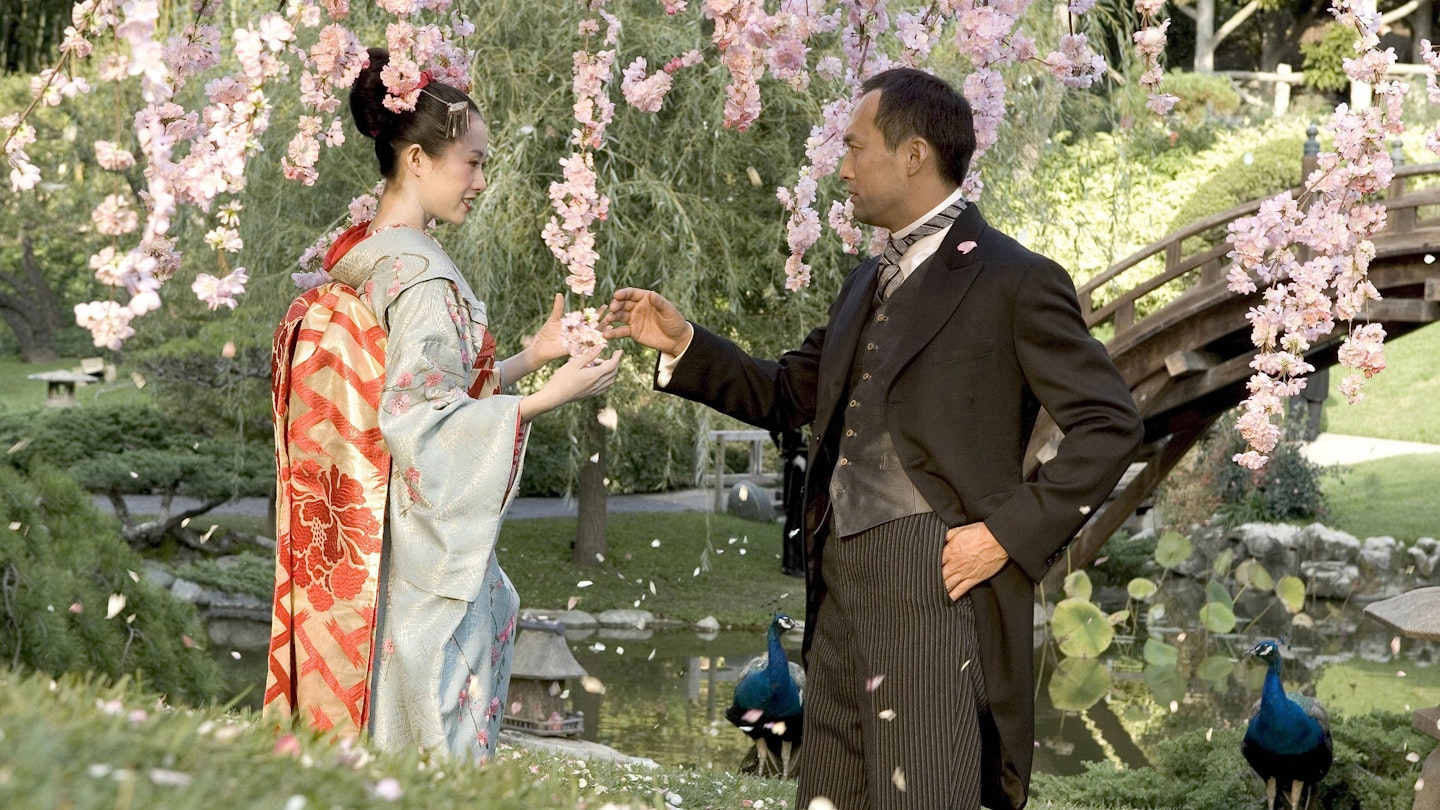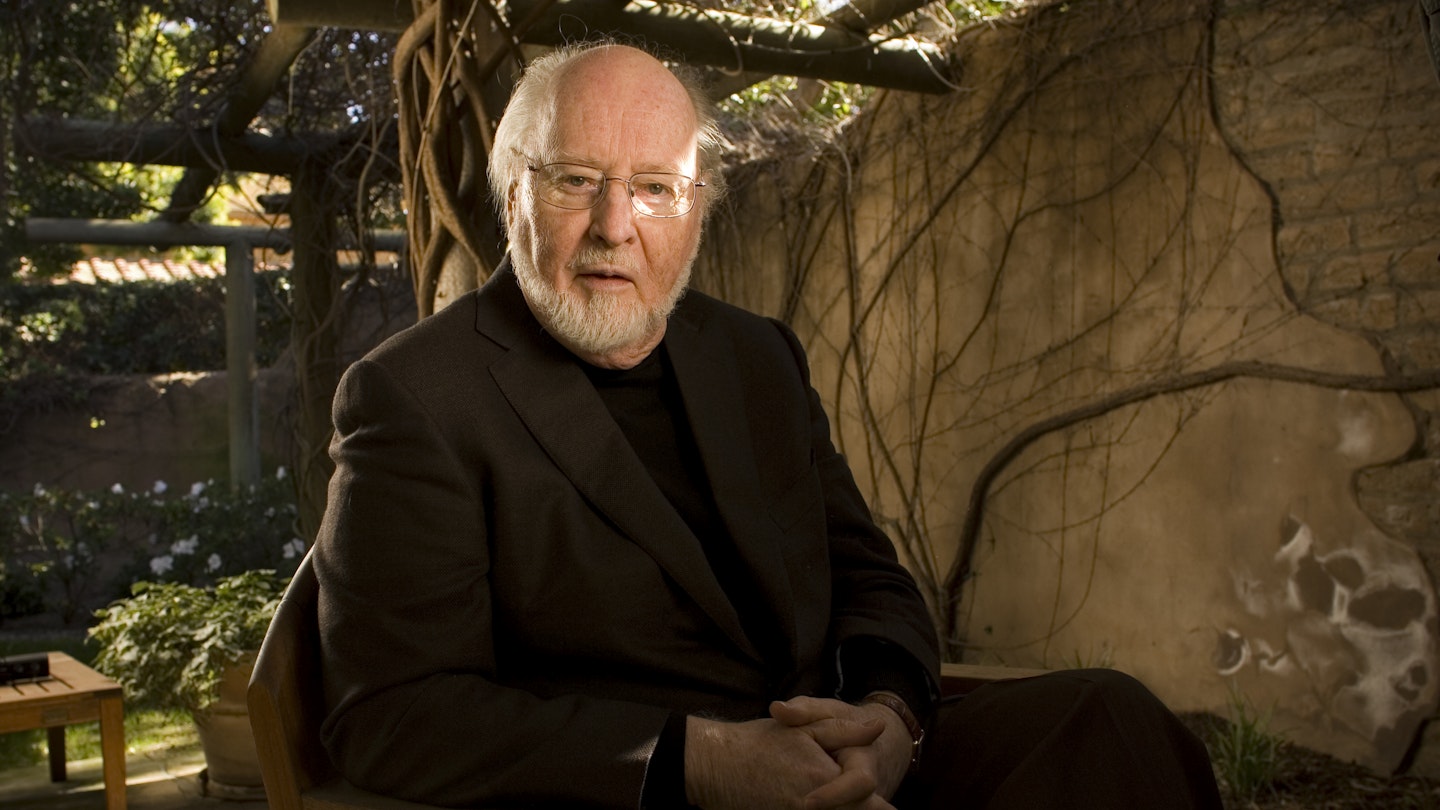Among the 1,001 things we learn in Rob Marshall’s vividly instructive movie is that ‘geisha’ actually means artist, these select women having been schooled in music, dance and witty conversation. Not to mention negotiating cobblestone streets in eight-inch platform shoes without tripping over their exquisite kimonos. But they still emerge from this fastidious picture as elegant sex slaves, personalities and desires ruthlessly suppressed.
Arthur Golden’s phenomenal bestseller of life and longing in a geisha house at the end of a golden era (the 1930s) was inevitably destined for a high-toned screen adaptation, and Steven Spielberg was long set to direct before competing projects took him off. So the assignment went to Marshall, hot off Chicago and benefitting from a big-time production (from a picture-perfect geisha district constructed in California to Yo-Yo Ma cello solos). Meanwhile, chick-lit screenwriter Swicord negotiates the contemplative text by providing Sayuri with a sorrowful narration to chronicle women behaving badly to one other.
If geishas used to be the supermodels of Japan, Zhang’s head-turning Sayuri is Giselle, Yeoh’s cool, ultra-professional Mameha is Tyra and Gong’s fragile, volatile diva Hatsumomo is Naomi. There’s a definite catwalk-cum-Chicago sequence when Sayuri performs a strangely avant-garde dance number at the auction for her virginity — white-faced, spotlit, hair-tossing. All the actresses are wonderful, including mercenary house “Mother” Kaori Momoi and young Suzuka Ohgo as Chiyo, turned into Sayuri after a Little Orphan Annie childhood with just one happy memory (being treated to an ice by Watanabe’s kindly bon vivant) to inspire lifelong devotion and keep hope alive.
But is it just us, or is anyone else bothered by casting Chinese actresses — extremely gorgeous and accomplished though they most certainly are — as iconic Japanese women? Like there’s no difference. (Rumour has it Lost’s Yunjin Kim turned down a role because she is, hello, Korean.) It’s sooo Hollywood, as if no-one will notice or care. Gorgeous and accomplished Japanese actresses must be spitting nails.
As for the life-changing intrusion of the Second World War, blink and you’ll miss it. It’s a carefully apolitical inclusion there solely to explain the arrival of gum-chewing Yanks who have trouble grasping Japanese culture. Ironically.


